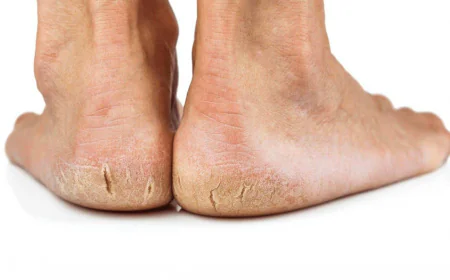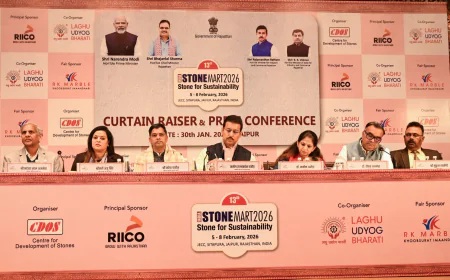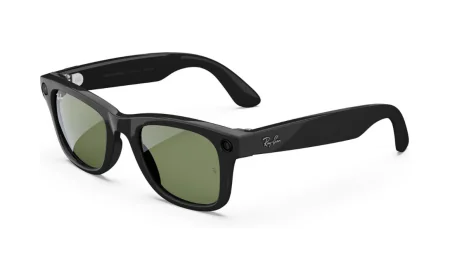Despite the harm to the environment, Generation Z is charmed by ultra-fast fashion

Young people who can buy reasonably priced clothing online have embraced so-called "ultra-fast fashion," but activists claim the movement hides more serious environmental issues.
Boohoo, Shein, and Emmiol are the major players in a market that manufactures goods and collections with breakneck speed and rock-bottom costs in China, Hong Kong, and Britain, respectively.
Want to get your story featured as above? click here!
Want to get your story featured as above? click here!
They fiercely compete with more well-known "fast fashion" businesses with physical locations, including Sweden's H & M and Zara, thanks to their internet-based business model.
According to Bloomberg, Shein's annual global sales were 16 billion dollars.
Environmental pressure organisations, however, condemn the issue of "throwaway apparel" as egregiously wasteful because it requires 2,700 litres of water to produce just one T-shirt that is promptly thrown away.
According to Greenpeace, a large number of these inexpensive garments "end up..." on enormous dump sites, burned over open fires, along riverbeds, and washed out into the sea, with serious implications for people and the environment.
Despite this, there is a large demand for inexpensive clothing as global inflation soars to its highest level in decades.
Additionally, high-street stores with significant overhead expenses are finding it difficult to compete since the coronavirus outbreak.
Quantity rather than quality
For high school students, ultra-fast fashion shopping appears to offer unparalleled discounts, with T-shirts costing just the equivalent of $4.80 and bikinis and dresses retailing for just under $10.
She claims that businesses like SHEIN enable her to keep up with the current trends "without spending an enormous amount," oblivious to the environmental cost.
The student claims that on SHEIN, she often makes two or three orders each month with an average total cost of 70 euros (71 USD) for roughly 10 things.
The young target market for ultra-fast fashion is interested in "quantity rather than quality," according to Paris-Dauphine University economics professor Valerie Guillard.
The large presence of SHEIN on social media platforms like TikTok, Instagram, and YouTube has been a major factor in the company's success since its founding in late 2008.
Customers unwrap SHEIN deliveries, try on clothing, and provide online reviews in so-called "haul" videos.
On TikTok alone, there have been 6 billion mentions of # Sheinhaul and 34.4 billion mentions of # Shein.
In order to foster trust and boost sales, the businesses also widen their reach through low-cost alliances with so-called social media influencers.
When it comes to options for plus-size ladies, they are unmatched, she told AFP.
Carbon footprint
But in addition to having a bad image for wasting resources and harming the environment, the ultra-fast fashion sector has also been dogged by scandals involving the purportedly subpar working conditions in its factories.
In November 2022, the Swiss NGO Public Eye learned that workers in several SHEIN companies had been putting in up to 75 hours a week, in violation of Chinese labour laws.
Similar criticism was levelled at Britain's Boohoo when news investigations revealed that its suppliers were underpaying workers in Pakistan.
The carbon footprint of the sector is equally terrible.
According to the Agency for Ecological Transition, fast fashion contributes 2% of annual world greenhouse gas emissions, which is equal to the combined emissions from air and sea travel.
Therefore, it is hardly surprising that climate activist Greta Thunberg is critical.
In her essay from the previous year, Thunberg stated that "the fashion industry is a huge contributor to the climate and ecological emergency, not to mention its impact on the countless workers and communities who are being exploited all over the world so that some can enjoy fast fashion that many treat as disposables."
The authorities are starting to investigate the practises of the brands.
The targets of a "greenwashing" investigation launched by the British Competition and Markets Authority because of concerns that some of the environmental claims made about their products may be deceptive.
Students claim that they ceased placing orders from SHEIN and Emmiol.
Students added, "I was excited to receive new clothes, but then I felt bad. Now, the adolescent said, "I seek them on Vinted," an online marketplace for buying and selling new and used goods.





































.jpeg)


































































































